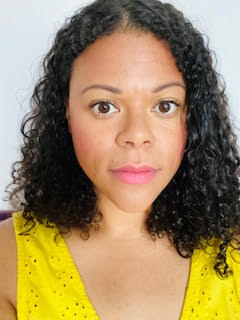Models of colour: The reality of being Black backstage
The modelling industry has a diversity issue, and it doesn’t just extend to the proportion of models with dark skin on runways and in photoshoots.
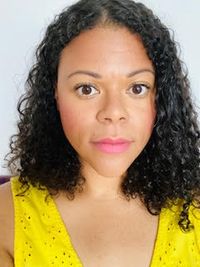
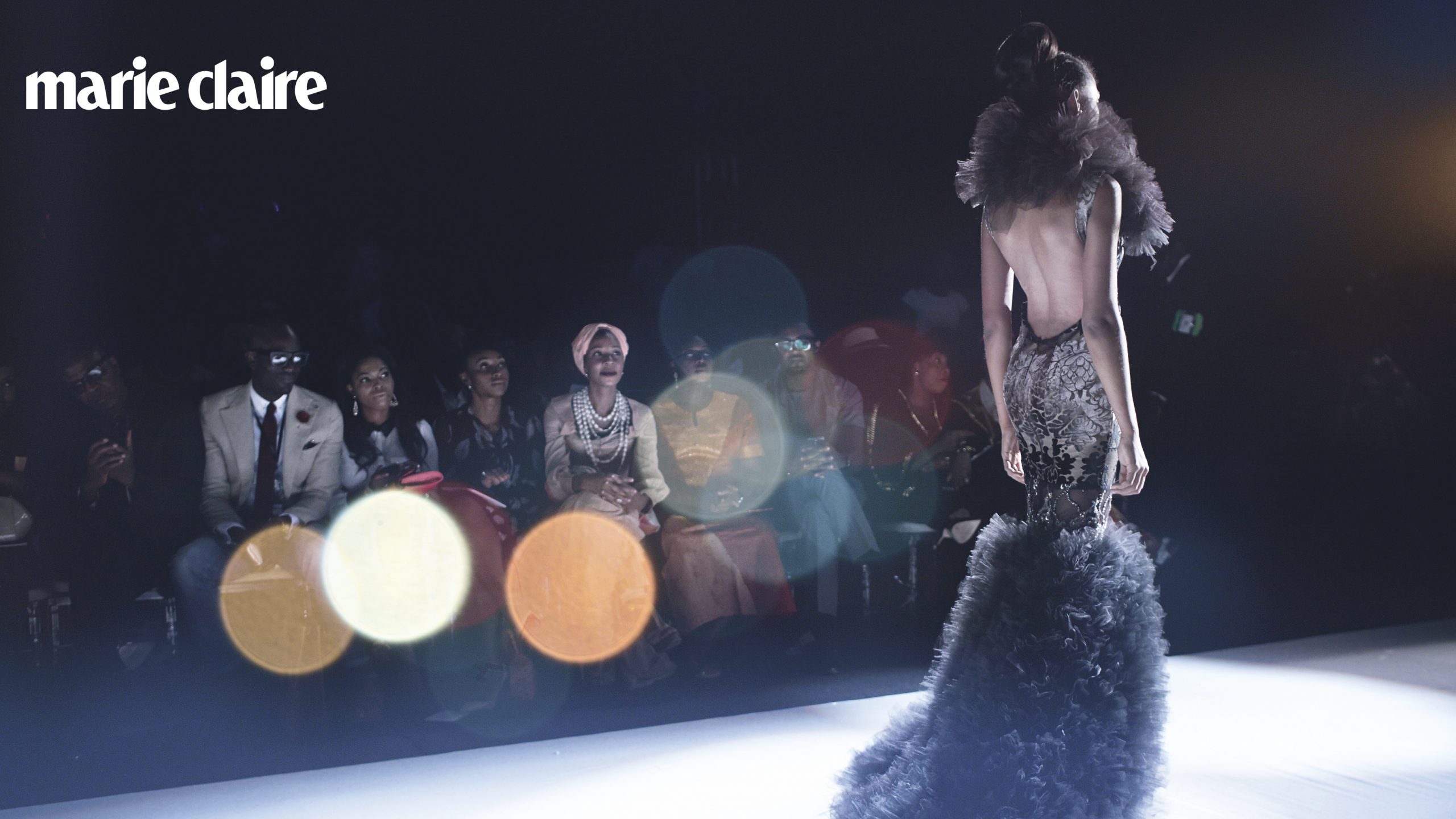
Celebrity news, beauty, fashion advice, and fascinating features, delivered straight to your inbox!
You are now subscribed
Your newsletter sign-up was successful
The modelling industry has a diversity issue, and it doesn’t just extend to the proportion of models with dark skin on runways and in photoshoots.
It was the smell she noticed first. A waft of singed hair began to circle model Nyasha Matonhodze as she sat silently in the stylist's chair. She bit her tongue as the stench intensified, along with the damage. It didn't appear to deter the hairdresser, however, who continued her assault with a 400 degree straightening iron, tugging and torturing every precious curl on Nyasha's head. “My hair was completely fried by the end. But no-one said a thing, as if it was normal," she recalls. "I was left with no choice but to cut it all off."
Nyasha started modelling in 2009, at the age of 15, and quickly made a name for herself walking the runway for major fashion houses. She is now a Models Trust Diversity Ambassador and the founder of CreatiValues, a safe space for Black models to support one another - and it’s her troubling experiences that have led her here. Like many Black models, Nyasha is not short of stories highlighting the mistreatment and challenges models of colour face backstage; including one particularly traumatic experience at London Fashion Week when she was just 16 years old, that has stuck with her ever since.
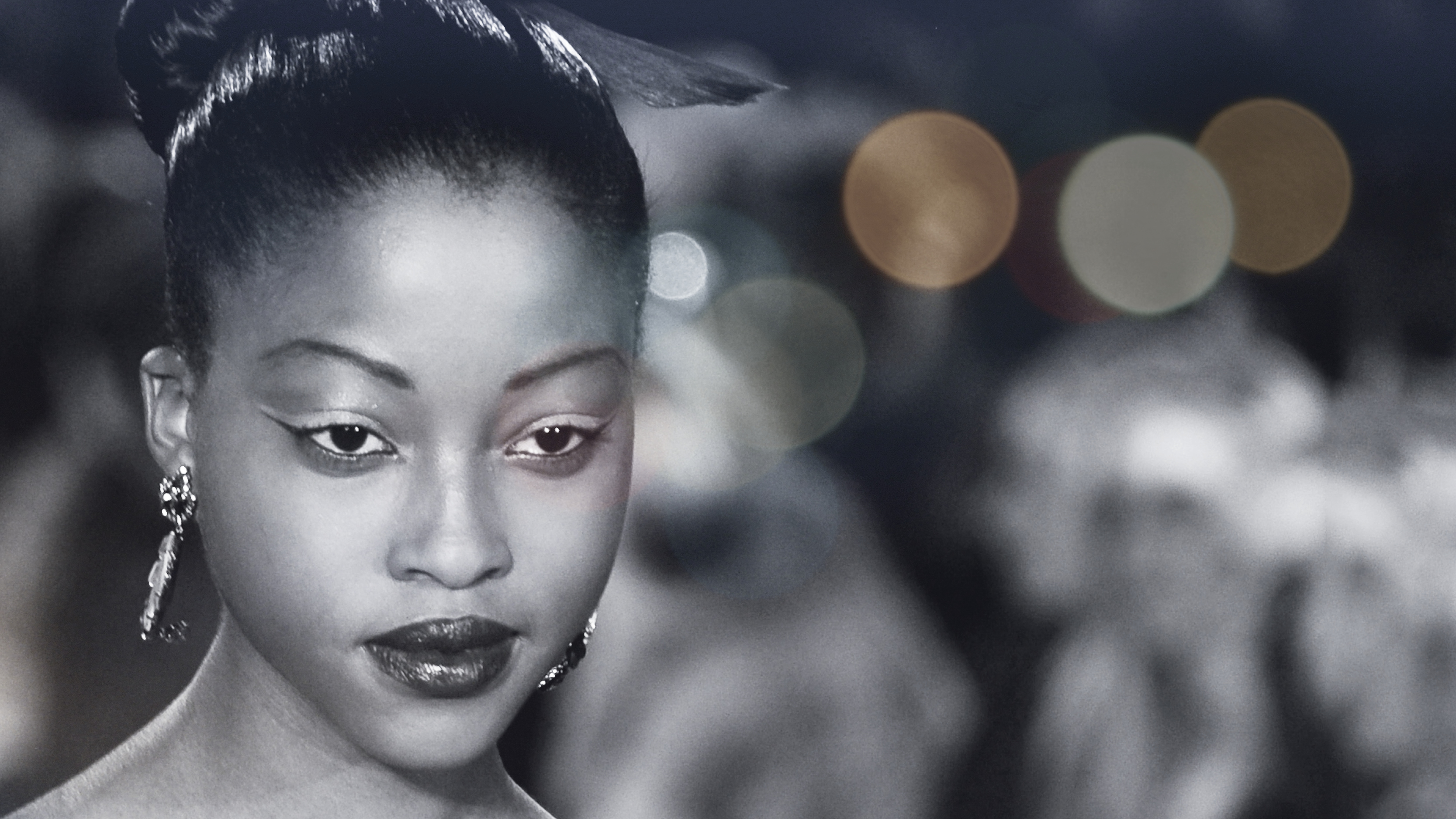
“As soon as I stepped into the room the atmosphere changed,” Nyasha remembers. She couldn't put her finger on what it was at first, but when she looked down at the row of empty chairs in front of the swarm of hair and makeup artists, reluctance painted on each of their faces, it soon became clear. “No-one wanted to step forward to style me. They all just stood there, staring.”
After a prompt by the Head of Hair and Makeup, one stylist hesitantly signalled to Nyasha to take a seat at her station. But less than five minutes later, she declared she was finished. “While the other white models around me spent hours having their hair and makeup done, I was left looking exactly how I arrived, with zero makeup and my hair untouched.”
Unable to maintain composure any longer, Nyasha sprinted to the toilets. Feeling unseen, unwanted and un-styled, she began to cry.
“I quickly learnt that being told my skin was ‘flawless’ was code for ‘I don’t know how to do Black makeup’,” she tells me. Despite her unpolished look, Nyasha realised she still had a job to do. So she calmed herself and focussed on putting one foot in front of the other as she walked the runway. “After all, it was my career on the line, no one else’s.”
Celebrity news, beauty, fashion advice, and fascinating features, delivered straight to your inbox!
It’s remarkable just how many hair stylists and makeup artists do not have the training or experience to apply makeup to dark skin or to style Black hair. Many attempt to wing it on set, producing grey-looking skin or causing severe damage to hair in the process.
“It’s a huge problem,” shares Celia Sears, CEO of Show Division, who reveals that it has become “normalised” for Black models to arrive on set with their own makeup kit, having already styled their own hair. “It’s why we’ve partnered with Models Trust on their EqualityOnSet Campaign,” she adds, referencing a campaign that wants Black models to experience the same inclusion and respect offered to their peers. As part of the project, 30 Black models taking part in this year's Fashion Week have been sent a professional ‘jet set’ kit to keep by their side during styling. The kit is filled with Black-owned hair and beauty products, including Show Divison’s very own brand of hair products, Hair Fundamentals, a line of ultra high performance products to style and protect all curl patterns and chemically treated hair. Celia hopes these kits will provide models backstage with what she calls “a line of defence.”

“On one occasion, a stylist decided just to straighten the very front part of my hair and cover the rest with a hoodie. That was his solution,” shares renowned model, Renee Mittelstaedt. Renée acknowledges that her "biracial background and lighter skin tone" has given her a privilege in terms of makeup artists being able to match her foundation, but she's unable to say the same where her hair is concerned. As time has gone on, the model has increasingly found herself being told to style her own hair in advance for a shoot. It's resulted in spending hours the night before straightening it, and waking up early to craft it into shape. Not only has this caused Renée to suffer the pressure of being both model and hair stylist, it's also meant she has had to foot the bill for the best hair styling products to complete the looks requested.
“Black models deserve to arrive at their place of work with the tools they need and a prepared team around them - not have to spend their own money and extra time to make sure they’re styled beforehand," says Renée. "That isn’t the job they’ve been hired to do."
For Caribbean model Mélodie Monrose, Nyasha and Renée's accounts of the industry are all too familiar. “I lost half my hair during my first season at 17 years old. No stylist knew what to do with my curls and after 47 shows of repeated heat, aggression and the wrong products, my hair broke off. It’s only just starting to grow back now, 11 years later.”
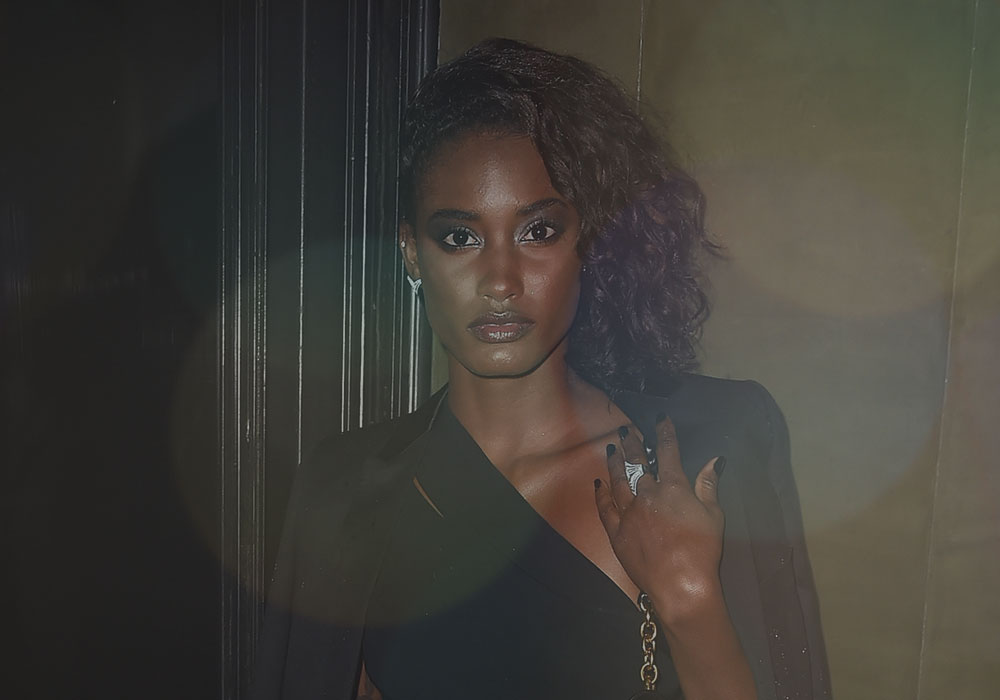
Like many Black models, Mélodie decided to get a weave, partly to help protect her natural hair, but mainly so she could have a long, straight style that hairdressers knew how to work with. “I’ve spent tens of thousands of dollars every year on my hair. It seems that the industry likes Black models, but only if they conform to a Eurocentric look,” she comments.
For Mélodie, it’s not just hair and makeup that poses a challenge for Black models. She recalls agents and those backstage constantly highlighting that she was the only model of colour on set; reiterating how proud she should feel to have got the spot - as if there could only ever be one Black model per show.
“The pressure to compete with other Black models got to me mentally. It was a strange feeling that gave me a lot of insecurity and fear, especially as I grew up in a Black dominated community with a lot of solidarity,” she shares. With age and maturity on her side now, Mélodie explains she has learned there is space to co-exist and support one another. “I feel part of a sisterhood, which is essential for blossoming and surviving the industry in terms of emotional and practical support.”
These common experiences have a huge emotional and mental health impact on Black models, chipping away at their self-esteem and self-worth. For Nyasha, she quickly noticed the unspoken norm of only having one Black model at any given time, leaving her to anxiously wonder, “am I just the token Black model?”
“Speaking up could mean [losing out on] work, or being labelled ‘difficult’ or a ‘diva’,” Nyasha tells me. “The industry is full of people doing wrong, but they are protected. To go through all that trauma and have no one stand up for you is not an easy thing,” she adds, noting that anxiety and other mental health issues are common among models of colour.

It’s clear there’s an urgent need for change, but how exactly can the treatment of Black models be improved to create a truly inclusive and diverse industry? It will be a work in progress, but Models Trust is urging brands to work together with them to help improve working conditions, as well as giving models the opportunity to anonymously feedback on their experiences backstage.“It’s a misconception that to be a model is lucky and glamorous,” says Models Trust Founder and CEO Elizabeth Peyton-Jones. “In reality, models are faced with so many challenges and are put in incredibly vulnerable situations. I hear horrific stories of abuse, and it’s not acceptable. Models are people who deserve to be protected and treated with respect.”
Nyasha firmly believes that modelling agents can play a key role in protecting Black models from mistreatment. They could share the grim realities of backstage dynamics with clients, as well as offering empathy and support to models who report such incidents. Agents could also enquire about the production teams and ask if there will be stylists on set with real experience of Black hair and skin, she suggests. For Renée and Mélodie, more Black people need to hold key decision-making roles within the industry and have a greater presence working behind the scenes.
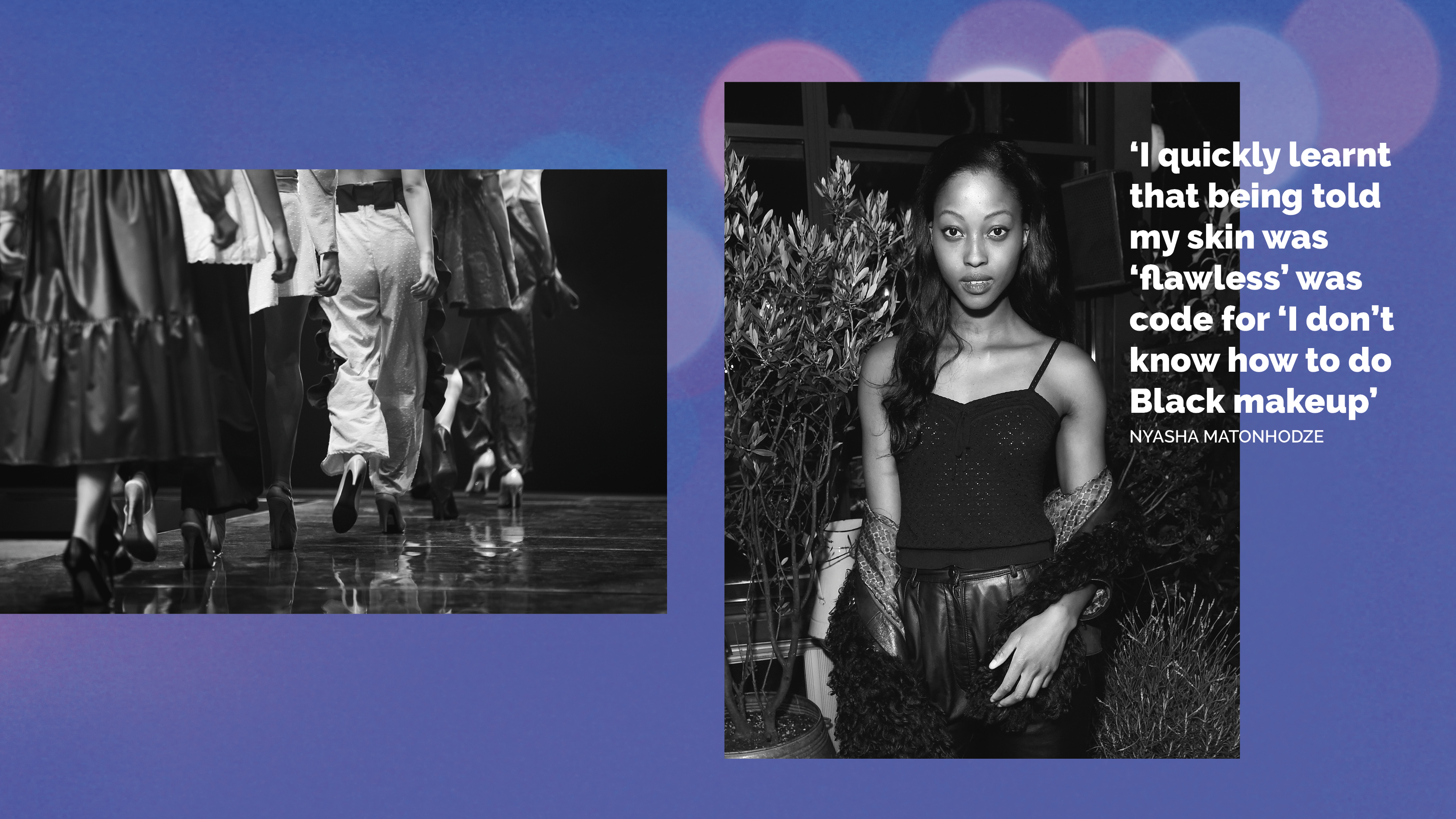
“Education is the answer,” says Celia passionately. “Stylists must be willing to learn how to properly style textured hair and how to use makeup on models of colour." She also feels it's important that those in power - the governing bodies and designers, "acknowledge the disparities backstage and ensure that it is an equitable scenario for everyone at their shows.” Celia, who was also a model during the 80’s and 90’s before her time as CEO, hopes that the “next generation of models do not have to deal with this type of inequity, because it is a problem that is absolutely solvable.”
With an accumulative of 40 years in fashion, each story shared with me sadly demonstrates an indefensible tradition in the mistreatment of Black models. If everyone in the industry treated models of colour with the respect and care they so rightly deserve, Nyasha confides that it would “mean everything” to her. How incredible it would be, she ponders, to go on set "without having any fear and only excitement." For this to happen, these challenging conversations must continue long after diversity stops being a “trendy” topic. But that doesn't mean we should delay; reflecting on the past 16 months, since the murder of George Floyd and the resurgence of the Black Lives Matter movement, Nyasha is firm in her beliefs. “Now is the time to be heard, and now is the time to have them listen.”
Find out more about the #EqualityOnSet campaign here.
